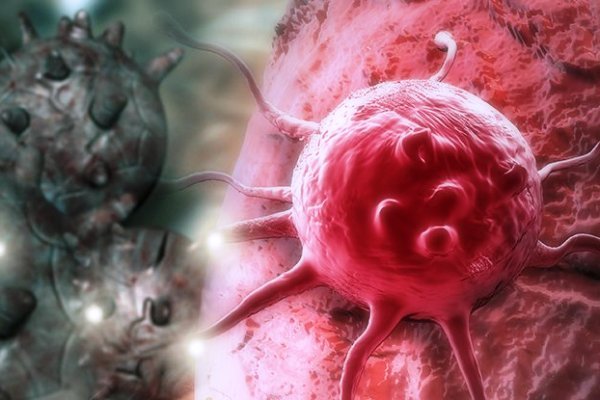Leila Karami, PhD student of Radiology Engineering and a researcher at Islamic Azad University, Science and Research Branch, said her project has been conducted on human lung cancer cells and it took her three years to prove the hypothesis of the thesis.
Photodynamic therapy (PDT) is recognized as an effective way to treat a variety types of cancer, especially skin cancer. Although the method is relatively inexpensive and non-invasive, its effectiveness is less than that of radiotherapy.
Karami went on to add, “a newer method is currently under investigation in the world and also in the Physics Research Center of the Science and Research Branch, which is called cold atmospheric plasma (CAP) and is used in treatment of various types of cancer, especially skin cancer.”
“Each of these two methods have their own limitations. For example, the application of PDT will reduce the amount of oxygen in the tissues under radiation, while the oxygen atoms generated by the plasma are recombined at the radiation site and provide the required oxygen,” she explained.
“In this research, which was introduced to the scientific community for the first time in the world, we have succeeded in combining photodynamic therapy (PDT) and cold atmospheric plasma (CAP) to increase the efficacy of treatment by 37% compared to PDT and 41% compared to CAP,” she said.
She went on to add that the next stage of the project will be carried out directly on human bodies while observing medical ethics.
“Today, photodynamic therapy is used in cancer treatment with the help of optical fibers and plasma with the help of miniature needles, and this means that this combination method can be highly effective in the treatment of various types of cancers,” she said.
Results of the research have been published in Clinical Plasma Medicine with a Q1 ranking (the quarter of the journals with the highest values).
MS/4078937

























Your Comment